New car road test review videos suck: Here's why...
If you are in the market for a new car, doubtless you are watching road tests incessantly. But there's only one problem with those road tests. They suck. Bet you haven't figured out why...
In critically analysing a hybrid in a recent report, I used data to tear down the bullshit claims made by a certain carmaker. You might say it’s the AutoExpert brand. Expert’s the name, fact checking’s the game - kinda thing.
But can you name any other motoring media outlet or publication that dedicates itself to this oftentimes arduous, financially unorthodox and somewhat brain-bending cause?
The so-called ‘journalists’ who allegedly ‘review’ cars vocationally, I think you’ll find, are rarely in the business of critical analysis on behalf of the audience. What would the brand’s PR say?
Yet, consumers today are (in some ways) forced to endure the nauseating floodwaters of industry appeasement and are victim of the visually obvious corporate-media buddy system that shovels these flaky car reviews upon you.
It’s perverse and hilarious that opinions expressed in the comments feed from the nutbag fringe, at times, serves to better inform an intellectually relevant discussion about something that is actually of great importance. As opposed to the endless stream of money-wasted car reviews you’ll endure from the ‘major publishers’ of online automotive content.
In this report, we’ll turn the frown of critical feedback into some worthwhile discussion about why road tests actually suck. This is a multi-part a comment received recently from a dude who chose to call himself ‘Maxfromsydneyone’.
Can you at least drive the e-power x-trail before you condemn it?
- Maxfromsydneyone
No, Max, I can't. Nissan e-Power is not actually on sale yet, and the only journalists in Australia who have driven it, flew as guests of Nissan to Europe - Slovenia, apparently.
They went business class, five-star, ate lots of nice food, did the rockstar thing, essentially, and usually didn't disclaim it in their reviews.
As transparency goes, that’s a little bit rough when it comes to you, the consumer, having to endure however-many words of gushing commentary with no disclosure. So, no I can't do that; Nissan would never invite me, and even if they did, I wouldn't go.
So you think the battery is too small for spirited driving?
Okay, show us on a racetrack how this design floor is exposed.
I'm speculating, yes only guessing, that it will run out of brakes before it runs out of battery power on a track.
- Maxfromsydneyone
A family SUV weighing nearly two tonnes on a race track. Good concept, Max From Sydney One. Should be good for about one, maybe two laps, at the most.
Probably, but who cares what it runs out of first on a track? Most people who buy family SUVs have no expectation of ever taking them to a track day or driving anything like that hard.
This vehicle has a tiny battery and it does a lot of work - there is no getting around that . It's like a tiny mouse in a wheel connected to a huge motor; it discharges itself extremely rapidly. That's not good.
Track driving is completely irrelevant to family SUVs.
From Ljubljana with love: Slovenia was the exotic location to accommodate many, many journalists. Not a bad word was said, coincidentally.
We know the system power output of this vehicle is 157 kilowatts. The internal combustion engine in that vehicle makes 116 kilowatts. These are facts and you don't need to road test the car to know this, they're in the spec sheet.
We know that they're relying on a 1.9 kilowatt-hour battery to make up the difference between that 116 kilowatt combustion engine and the 157 kilowatt total system power. That's a tiny battery, doing a big job when maximum demand is requested by the driver. That's a fact.
Therefore, we know that battery is going to become depleted quickly if the driver demands a lot of performance from that vehicle, without sufficient intervening time to recharge it, because: physics.
To better Understand Batteries: kilowatt-hours, amps, power & energy >> click here.
If I ring Nissan and request a car to take on track to further reinforce my position that it's emphatically a poor design, what do you think they're going to say? And I don't blame them.
I'm not going to call and ask that because it's a pretty redundant exercise. We don't need to test that; they're not available anyway, you (the consumer) can't drive one now in any case, but fundamentally, I'm never taking a Nissan X-Trail to a racetrack to appease some half-baked idea.
I suspect the only primary flaw of e-power is that it just isn't as fuel efficient as the Toyota hybrid system like every other manufacturer's system. Toyota don't get the credit they deserve.
- Maxfromsydneyone
It’s time to talk about a really grown-up concept which is quite important if you want to understand reality.
One of our challenges every day is you wake up and you've got to orient yourself to reality.
You've got two things: what exists, and what claims can we make about its existence. That's called ontology.
Then, we've got what we know - the theory of knowledge - that's called epistemology. That is, how well we know it.
These things combine to allow us to paint the landscape of reality onto our consciousness, individually.
These important grown-up concepts - what exists and what do we know about it - there are different modes of existence.
For example, Mount Everest exists, and if you run nude through a paddock in the middle of the night and you break your ankle, you'll be in pain and that pain will exist, but the difference the pain’s existence is completely subjective. Meaning, you're the only one experiencing it because you were so stupid.
Whereas Mount Everest exists independently of the observer. It's just there.
This is an important distinction because ontological objectiveness, like taking the observer and their relevance out of the equation is really important when you want to understand something like a car.
There are facts - objective facts. Whereas when you watch a road test review, you're really just getting subjectivity. You're just getting someone's explanation. I've never understood why someone would bother to actively start explaining to you the trapezoidal pattern of the grill. You've got eyes you can fucking see the trapezoidal grille. You don't need some to explain it.
They all do it. They waste so much time telling you that the bonnet curves downward and the headlights wrap around the sides. That's what the camera is for, to objectively convey these ontological realities to you.
Then there are claims about the comfort levels and the ride quality, and aspects like that which are also ontologically subjective. Because some people's interpretation of a ‘noisy car’ is someone else's idle indifference. Most ute owners don't really care about noise, vibration and harshness - if they did, they wouldn't own or buy a fricken ute. And yet car reviewers make a point about commenting on the cabin refinement of a dual-cab ute compared with an SUV.
The most important thing for you, buying a car, is how the facts integrate with how that vehicle is going to be used by you.
Is it going to do a good job at this or that? The reason this is important is because you're going to put $50,000 down and it's unimportant to have someone tell you what they think about the shape or finish of the grille. You can make your own determination about that.
We know a lot of data about the Nissan X-Trail e-Power e-4ORCE. When someone says, “I suspect the only primary flaw of e-Power is that it just isn't as fuel efficient”, you don't have to suspect that. We know the data: shitbox e-Power is 6.1 litres per 100kms against a laboratory standardised fuel economy test; RAV4 is 4.8 litres per 100kms - the difference is 21 per cent. The RAV4 is 21 per cent more fuel efficient because Toyota did a better job at efficiency with the layout of the powertrain.
The truth about 2023 Nissan Qashqai e-Power series hybrid in Australia >>
RAV4 hybrid is unquestionably more efficient to do the the bulk of the heavy lifting with an internal combustion conventional powertrain and then just do regenerative braking deriving assistance from a small motor and a small battery, the assistance is at-times. It's recovering energy that you would otherwise have lost during the braking process, whereas this e-Power system is going through multiple hoops to seem clever and is actually more than 20 percent less efficient than a RAV4 hybrid.
It's also more expensive and heavier than the RAV4 hybrid, both of which are not the kinds the things consumers look for or engineers strive for when they're targeting efficiency - it's just not.
E-Power is a dud design. If efficiency is the benchmark that you're after e-Power is a failed attempt. That's a fact, irrespective of what anybody thinks, personally, subjectively. It's not as good as a RAV4 hybrid powertrain, which is donkey's years old anyway.
My AutoExpert AFFORDABLE ROADSIDE ASSISTANCE PACKAGE
If you’re sick of paying through the neck for roadside assistance I’ve teamed up with 24/7 to offer AutoExpert readers nationwide roadside assistance from just $69 annually, plus there’s NO JOINING FEE
Full details here >>
AutoExpert DISCOUNT OLIGHT TORCHES
These flashlights are awesome. I carry the Olight Warrior Mini 2 every day - it’s tiny, robust, and super useful in the field or in the workshop. Olight is a terrific supporter of AutoExpert.
Use the code AEJC to get a 12% discount >>
Generators suck! Go off-grid with AutoExpert BLUETTI PORTABLE POWER STATIONS
Need mobile, reliable power? If you’re camping, boating, caravanning or building a dirty big shed in the back paddock, and you need to run a refrigerator, lights, air conditioner, cooking, and/or a bunch of tools - Bluetti has a clean, tidy, robust solution…
Get your AutoExpert free shipping discount here: https://bit.ly/3n62heK
Something happened on your way to Toyota Heaven
Toyota doesn't get ‘the credit it deserves’ because they haven't got nearly enough credit yet for being such greenwashing vandals. They're terrible at that (depending on how you view greenwashing, subjectively).
Greenwashing themselves, Toyota has got no hesitation, apparently, standing up in front of the press and declaring “carbon is the enemy” and “we've got to decarbonize” and “get to carbon neutrality” when they're talking about some shitbox Corolla hybrid.
But when they're talking about SUVs and four-wheel drives and utes like Hilux, LandCruiser 300 Series, Kluger and Prado, they're happily talking about ruggedness and reliability. The two concepts are mutually exclusive. You can't build a 2.6 tonne big solid, heavy brick-shaped wagon with a 3.3L bi-turbo diesel engine and be committed to decarbonization.
A twin-turbo ‘hot vee’ diesel engine is not designed to decarbonise - it’s built to pull 3.5 tonnes of really heavy, unnecessary shit.
Toyota also doesn’t get enough credit for being unashamed liars, either to consumers or the media. According to the Federal Court of Australia, Toyota lied to 260,000 people - as in misrepresented the functionality of the DPF installation in the 2.8-litre diesel engine in Hilux, Fortuner and Prado.
The last thing Toyota doesn’t get enough credit for is their worship of money. Toyota is an expensive religion in Australia. Their God is money and they'll do anything to get as much of yours as they can extract; they will say (advertise) anything to you, to get your money for an overpriced LandCruiser, Hilux, Kluger.
They have done a really good job brainwashing a legion of blue singlet bogans on this issue, in my view, which is why Australians think that Toyota is the best and they haven't driven any other brand for 20 years as a result. Unbreakable? Extortionate.
Your Best YouTube video in my opinion was your terrific track review of the manual i30N. Can we see more reviews like that and less unproven online rock throwing?
- Maxfromsydneyone
I was quite pleased with the Hyundai i30 N review, which is good because it took so freaking long to do. So did the sequel, its little brother, the Hyundai i20 N >>
It's had 360,000 views which has made $2000 worth of YouTube advertising revenue. You might think that's great, but they don't all make that much because they don't all get 360,000 views - and that was just a decent one; above average absolutely.
It's had 52,000 hours of watch time which is 2200 days, or about six years worth of eyeballs looking at that review.
But equally, it too two days to write and plan, then two days to shoot both at a track day and a road day, then it took me two days to cut - so that's six days - and then it took me one day to faff about with the logistics (picking up the car, returning it, put fuel in it, clean it). Plus I’ve got to carry around thousands of dollars worth of equipment to do it myself.
That’s seven days for less than $300 a day. That is not a (sustainable) business model.
Plus, in your average seven workday period I could easily do 10 reports which are ultimately better value to a consumer, and that’s more valuable to me because this isn’t an attention-seeking exercise, nor is it as a charity. But AutoExpert is here for you - I am doing it for you, the consumer, but I'm also doing it for me as a business. Make sense?
RETURN ON INVESTMENT
Without advertising, for publishers generally, road test don't make sense.
In addition to the problems that I face, your average publisher also has to pay extra for an editor and a camera crew, and then there's the inevitable expense of paid time to have a journalist away from their desk, time wasted when plans are cancelled, and all the ancillary expenses with having people constantly putting out-of-office expenses onto the company card.
Reviews, therefore on most of these mainstream websites, they're really only there as a pricktease to advertisers to say ‘see how relevant we are to your fine product?’ They want carmakers to think it would be insane not to splash their beautiful advertising cash on them, simply because they exist. This is a pornographic movie set and the carmaker gets to star in the publisher’s production. PS: it's going to cost this much in advertising.
A lot of car makers are also funding the reviews that you watch, but they’re doing it under the table. But it's not being disclosed - the gravy train adventures are not being mostly undisclosed. They might make the odd disclaimer here and there, in the fine print, about some travel to exotic Location A ‘as a guest of [insert car company name here] to produce this review’.
This is the greatest, most powerful, sportiest, toughest, smartest, most technologically advanced car…IN THE WORLD.
So even if there's not a monetary exchange, process of picking a tame journalist out of their chair, putting them in business class, accommodating them at a five-star hotel, shouting them meals and wine and getting him home - all of these money-can't-buy experiences are an incentive to turn down any criticism or critical analysis of that vehicle.
What pressure is on the journalist and the publisher when they attend that kind of event? The e-Power events were such an event, as I understand it. The pressure is to say only nice things; it's implicit, but the publisher is incentivised for the review to be positive, the journalist is incentivised for the review to be positive.
The spend by the car company to make that review happen is not disclosed, either.
So you're in the dark watching this review that you think is impartial, but really is anything but.
I'm not like that. I put you first, and that's a big difference. I don't want to do a whole bunch of road tests because there's a whole bunch of facts that really matter more importantly than subjective aspects of a vehicle which you can establish for yourself.
The objective facts matter more than some waffling platitudes by someone who wouldn't know a thing about the facts.
If you've got $60,000 to spend on a car, the facts really matter.




![Exotic locations. [Image: Drive.com.au]](https://images.squarespace-cdn.com/content/v1/51297e5de4b01fa6748bc904/1666847460358-UGL6RI5ZD7MZ2RREI9PR/xtrail+launch+drive+2.jpg)


![Grille design: Exists. [Image: CarExpert.com.au]](https://images.squarespace-cdn.com/content/v1/51297e5de4b01fa6748bc904/1666837421005-UUZN0YHEHEG8PJ1796DE/car-expert-grille.jpg)





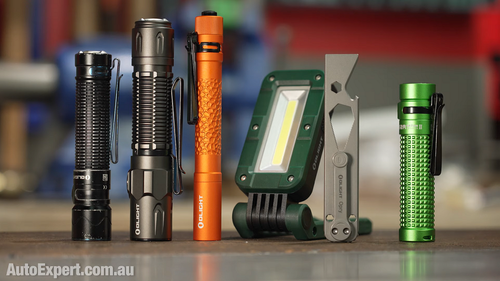

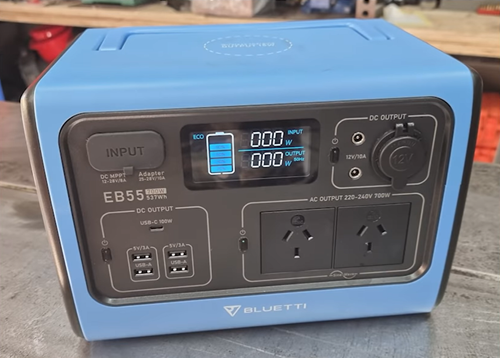
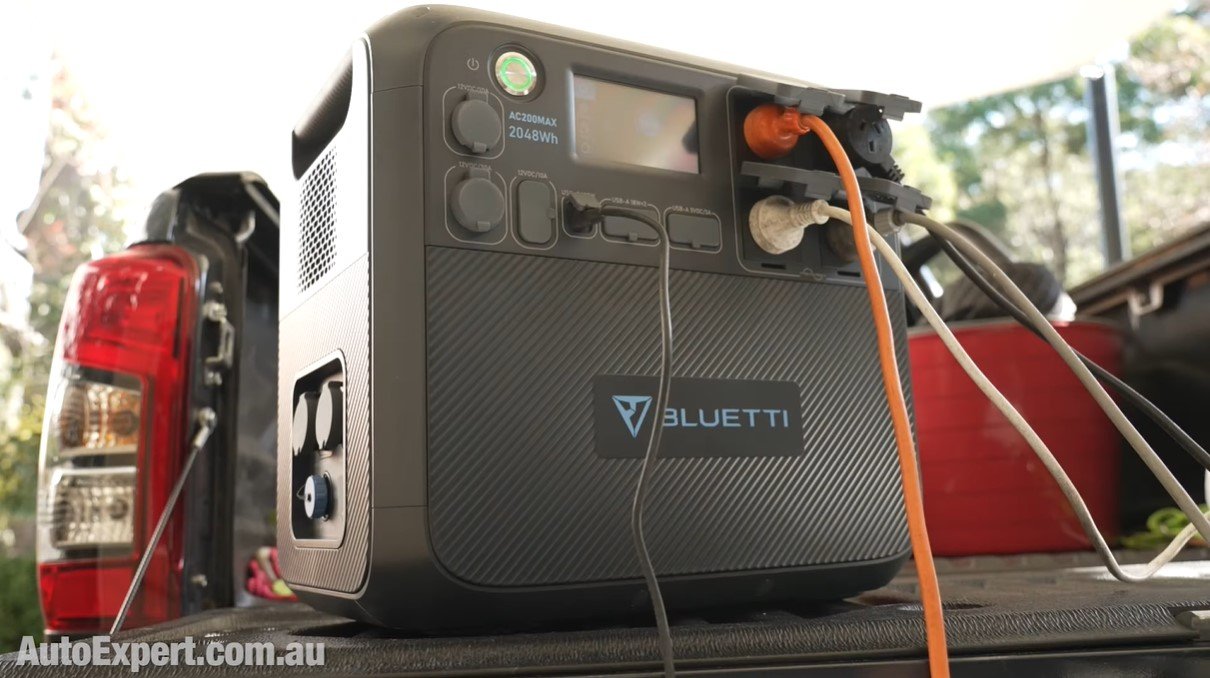
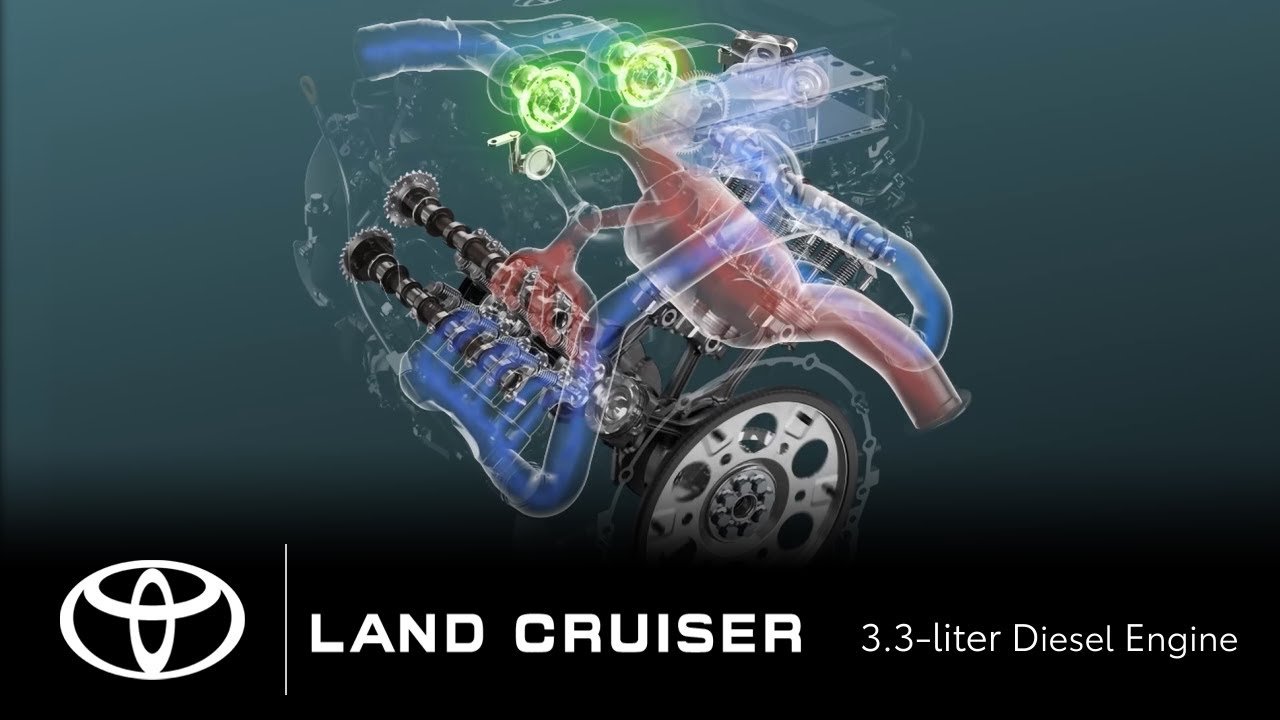







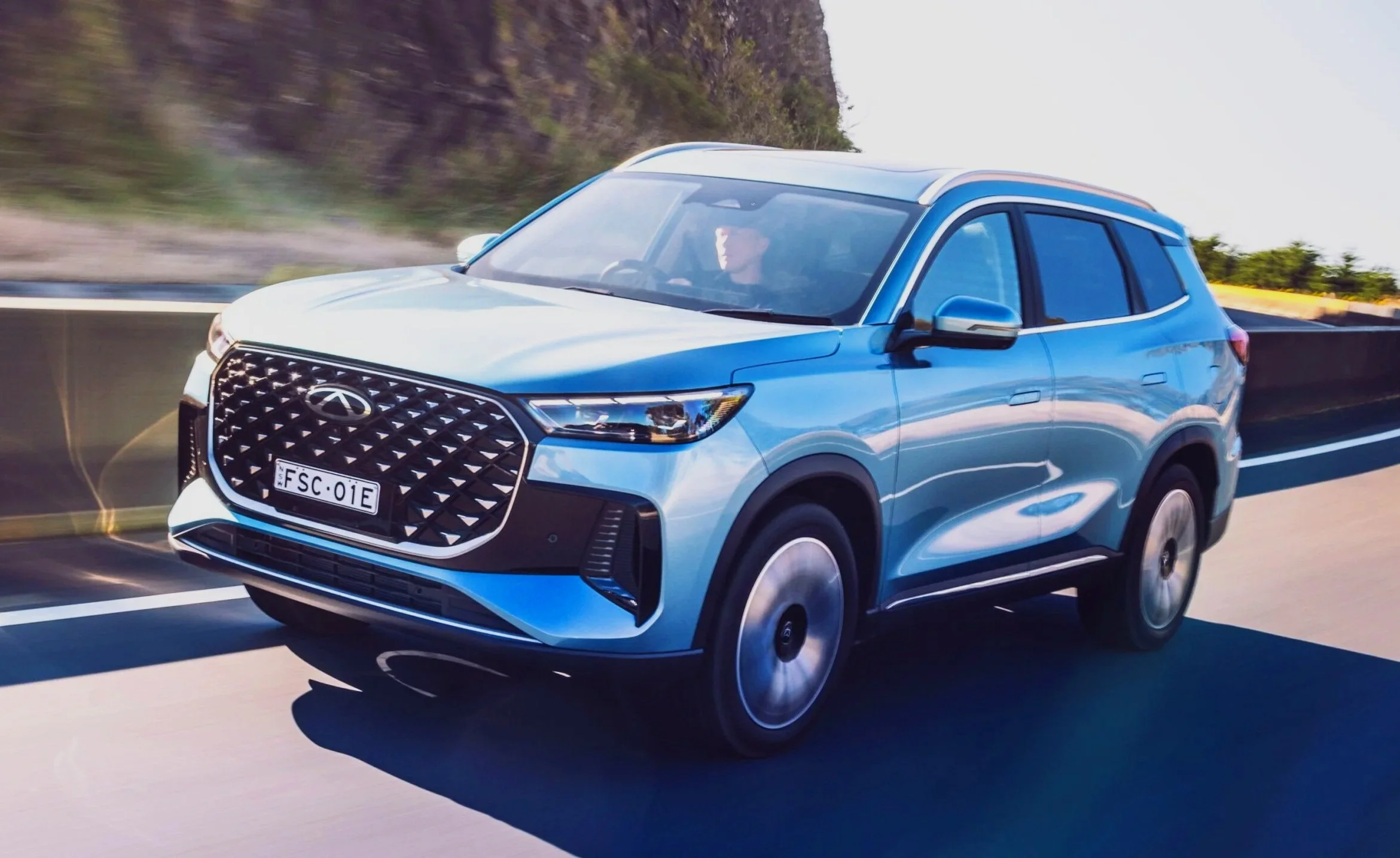
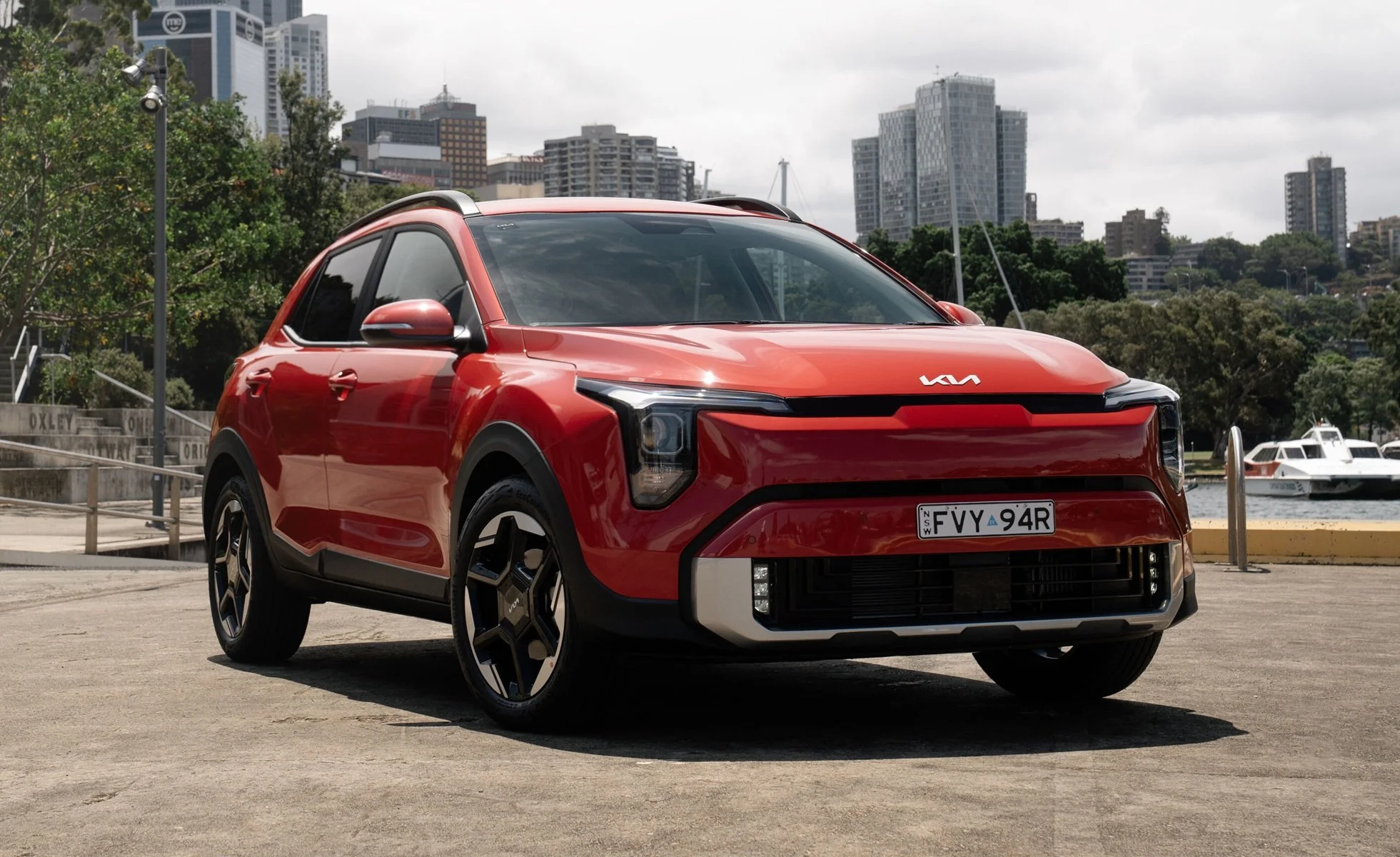
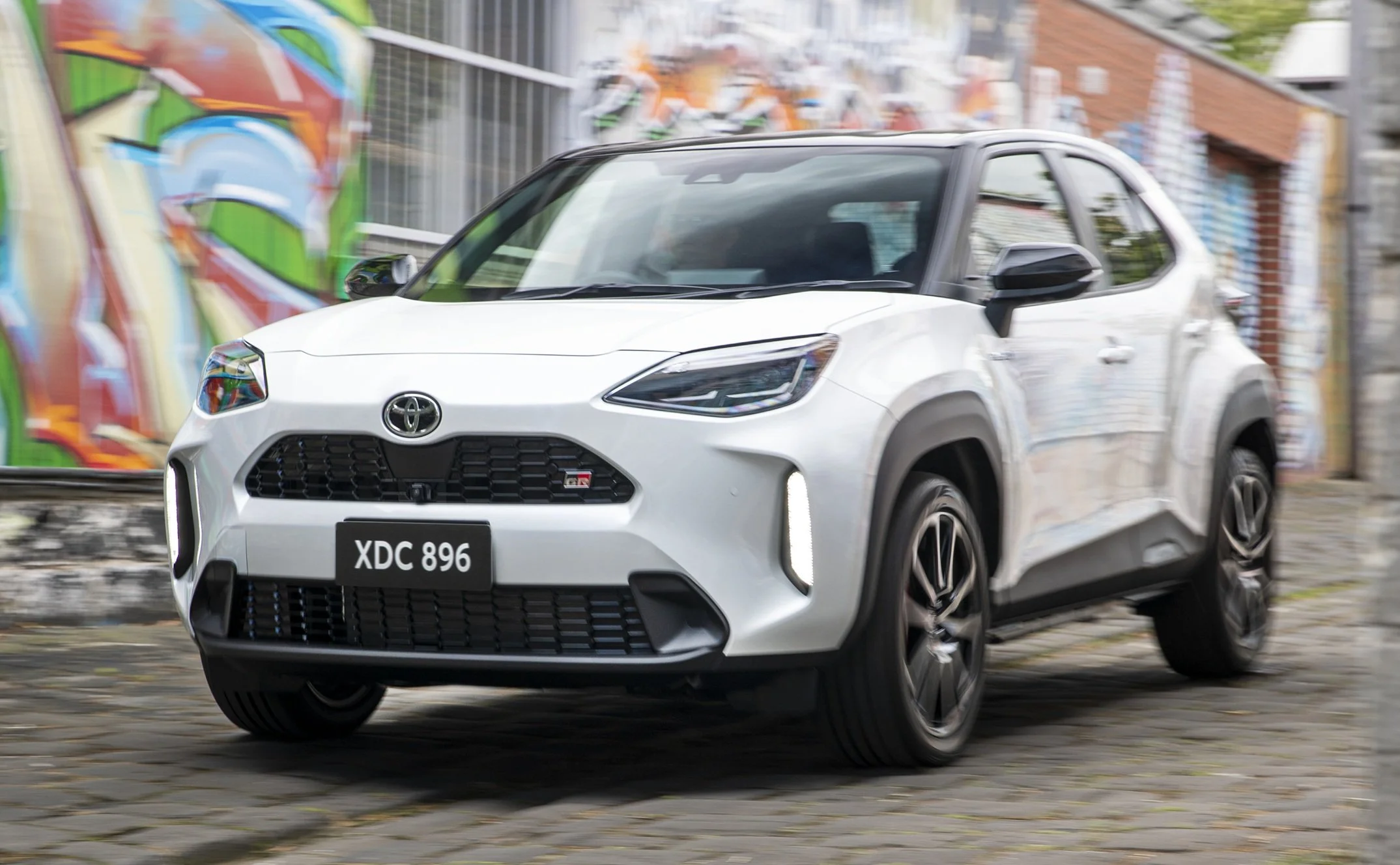


The Hyundai Palisade is a big, comfortable holiday machine for growing families and offers excellent value, generous 8-seat SUV space, and practicality on par with LandCruiser - but it’s $30K more affordable.